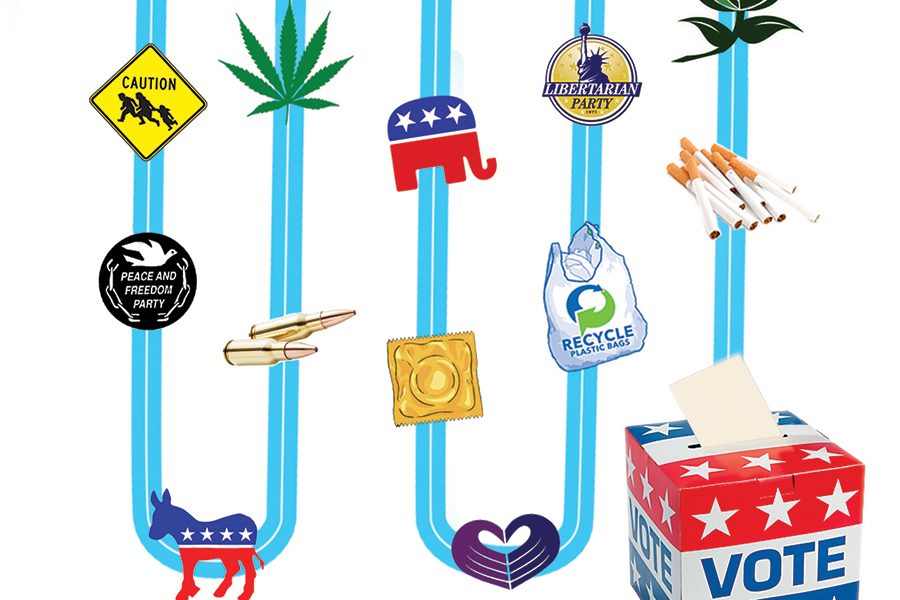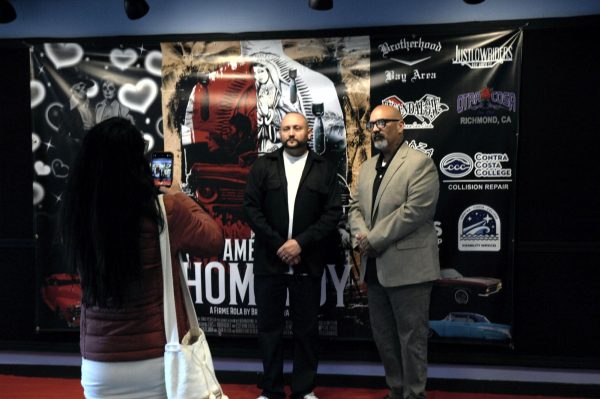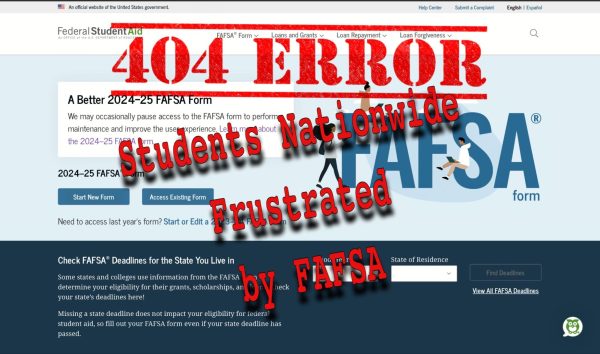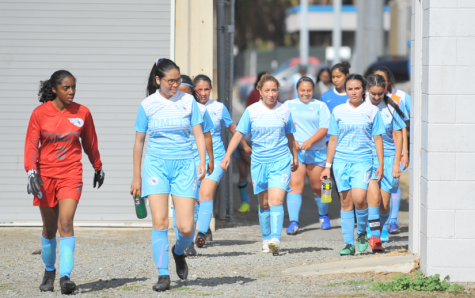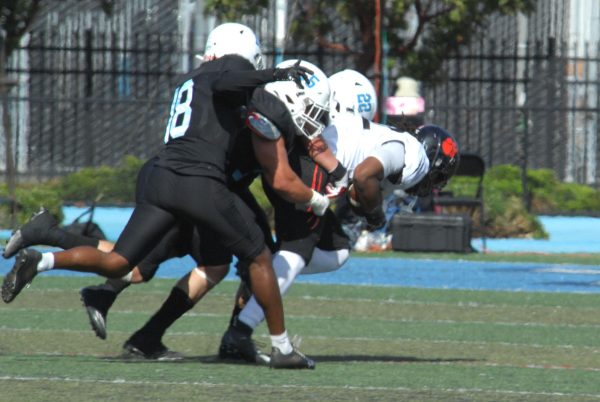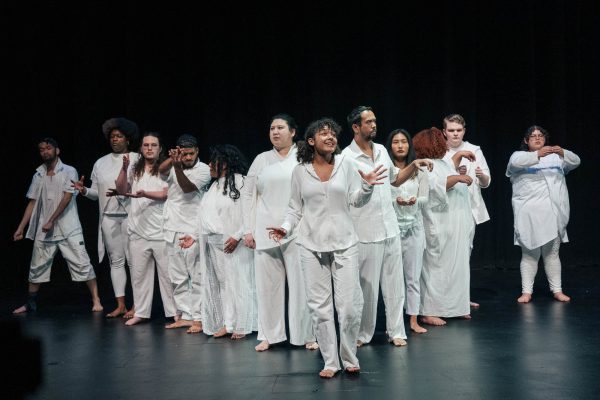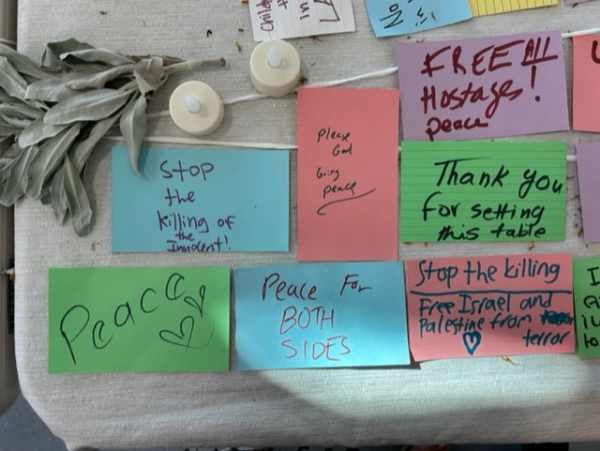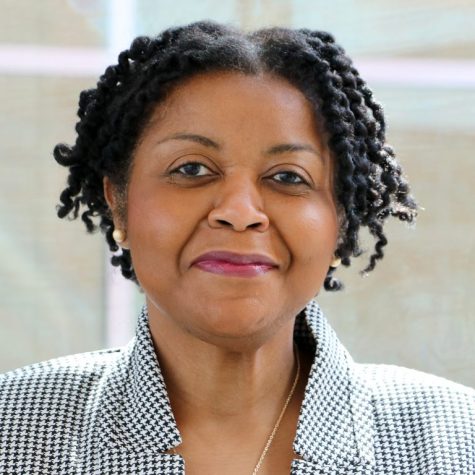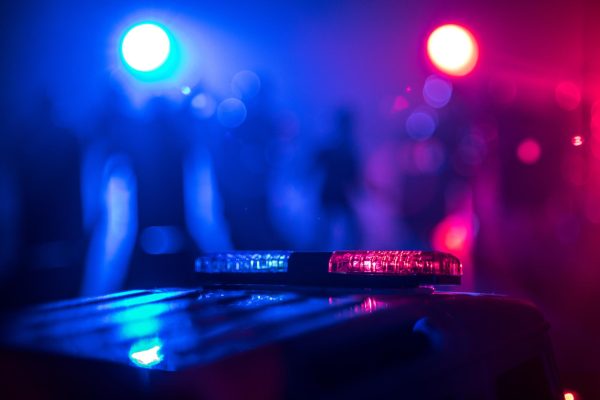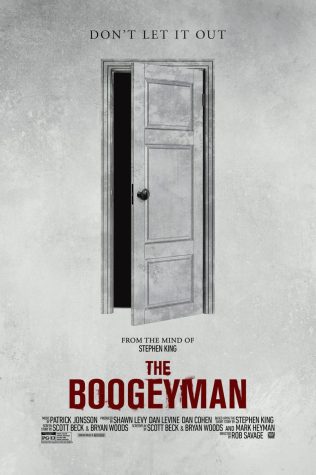Democratic action influences change
Political cycle garners record attention, creates need to express voices
November 3, 2016
Millions of Americans will have the opportunity to make a change on Tuesday during the U.S. Presidential Election by simply going out and voting for the candidate of their choice.
The American people will be the ones that decide whether the Democratic or Republican candidate will call the White House home for the next four years.
In this section, The Advocate explores California’s propositions, measures, candidate stances on policies, reports on third party candidates, debates the legalization of marijuana, lists the candidates running for U.S. senators and U.S. representatives and more.
Information in this section also provides information about the candidates running for council member positions for the City of Richmond.
Voters have the power to determine who will take on leadership roles at not only a local level, but also who will serve as the next president of the United States.
The divide that the nation has faced during the last couple of months with Republican Party nominee Donald Trump and Democratic Party nominee Hillary Clinton has had a noticeable impact on polling data.
Another outlet for presidential voters who are not satisfied with the two major party candidates is the option of voting for third party candidates.
Some of these candidates include Green Party nominee Jill Stein (Massachusetts), the former governor of New Mexico and Libertarian Party candidate Gary Johnson (New Mexico) and Party of Socialism and Liberation Gloria La Riva (California).
During this year’s presidential campaign, controversial issues like immigration, plans for the economy and education, Trump’s taxes and Clinton’s 33,000 deleted emails while serving as Secretary of State have all been big topics of discussion.
There are also local measures that will be decided on Tuesday.
Residents of Richmond will have the chance to elect three candidates to serve four-year terms on the city council.
Nathaniel Bates, Jael Myrick and Councilwoman Vinay Pimple’s terms are all coming to an end.
Those same residents will also have an opportunity to approve or reject state ballot propositions on issues like education, gun control, the death penalty, health care, legalization of marijuana, and other issues that will continue to shape their lives.
With Trump’s “Make America Great” campaigning slogan, and Hillary’s “Stronger Together I’m With Her” slogan, both candidates share separate thoughts on issues like immigration.
Throughout Trump’s campaigning, he has said if he is elected as president, he is going to build a 2,000 foot-long wall along the U.S.-Mexico border and make Mexico pay for it to ensure no access for people he calls “rapists” and “criminals.”
Clinton supports an immigration reform that leads to a full path of citizenship and supports other programs to protect immigrant communities.
Another important issue is education.
While Clinton pushes for free tuition for college students whose families make under $125,000, Trump has focused very little on education but said he empathizes with students paying high tuition.
A single vote can determine the outcome of issues that are important to students like tuition and loans.
It is important that students go out to vote for the candidate or issue that best represents their interests in education as well as how to make it easier to receive an education.
In order for a candidate to be elected president, he or she must earn 270 electoral votes through the Electoral College process.
The Electoral College is made up of 538 electors and is chosen by the political parties in each state before the general election.
Once a candidate reaches 270 electoral votes, they are declared the winner.
Currently, Clinton is projected to have 255 Electoral College votes with Trump at 157. But votes still have to be cast to determine who wins each state.
In reality, this group of 538 people are the ones who ultimately decide who gets to be the next president of the United States.
Each county has its own polling stations.
If you are unsure of where your polling place is located, contact the Secretary of State’s toll-free voter hotline at 800-345-VOTE (8683).
First-time voters may be required to bring identification, but if the voter already filled out their information on the ballot they received by mail, they may not be asked to show identification again.
Anyone who is registered to vote in the state of California can vote early in person.
A California state ID is required to cast your early vote.
If planning to vote on Election Day, Tuesday, polling stations are open from 7 a.m. to 8 p.m. and as long as the voter is in line by 8 p.m., their vote will still be counted.


